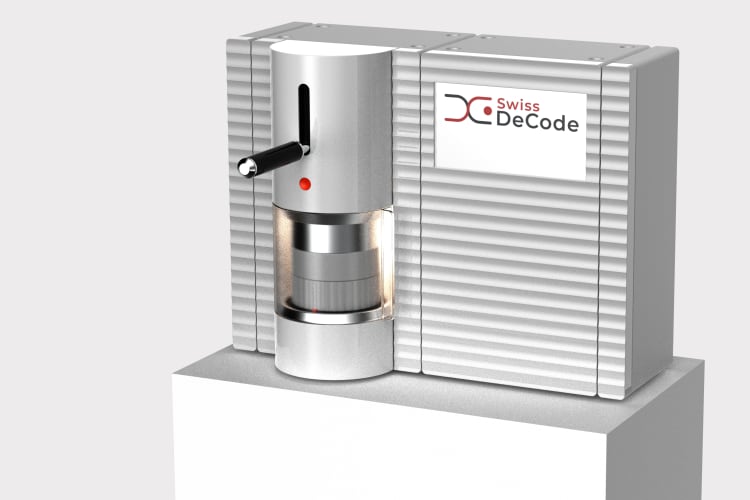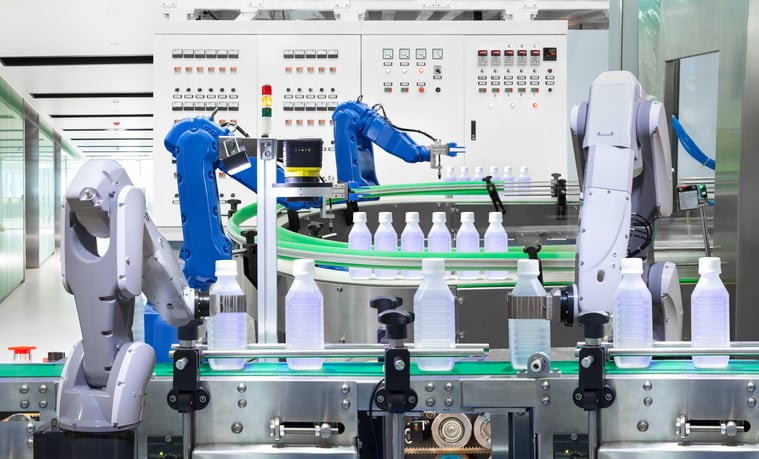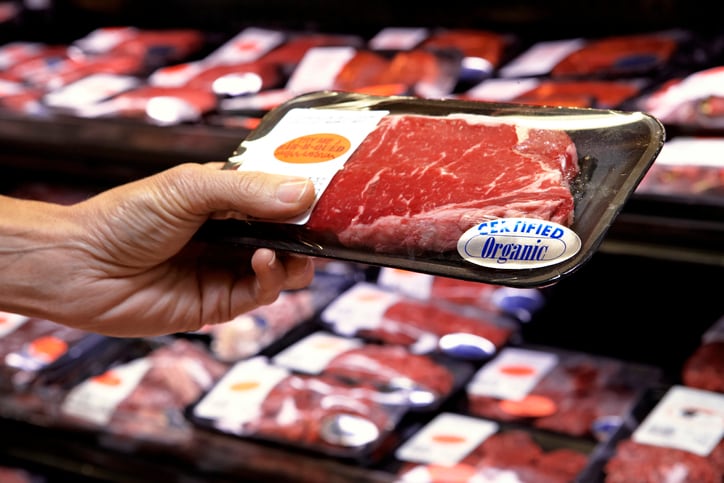Biotech company SwissDeCode has raised CHF3.7m in its first venture round, attracting investment from VisVires New Protein (VVNP) and EIT-Food. The fresh funding comes on top of a €2.5m award from the European Innovation Council.
The cash will be used to ‘accelerate the development’ of SwissDeCode’s rapid on-site food testing and certification platform.
“We are focusing on three main areas to use the funding. Development of the BEAMitup platform (hardware and software) for new applications; proof of concepts and industrialisation with customers; [and] sales and marketing to identify new partners, revenue streams and execution,” CEO and co-founder Brij Sahi told FoodNavigator.
Lab testing ‘not keeping up’
SwissDeCode believes that its technology has the potential to disrupt the established laboratory testing food safety market.
According to the company’s assessment, with food moving from farm-to-fork at an accelerating pace, lab testing services ‘are not keeping up’.
“The food supply chain is unfortunately not always a safe or efficient place. The solutions offered nowadays have not managed to mitigate these problems, showing that there is the need and space for innovation,” Sahi suggested.
“A real time solution is needed to allow suppliers to make almost immediate decisions on the quality or authenticity of their food.”
SwissDeCode has developed just that. The company produces a series of rapid on-site testing solutions that help companies detect food contamination and adulteration. It is now preparing to launch a fully automated system that, it claims, will perform the same tests as labs – including certification – but in a ‘fraction of the time’ and at point of need.
This new approach can help avoid costly food recalls and build consumer trust, Sahi told us. Currently, food makers spend an estimated US$40bn a year in food recalls.
“This test data can feed into blockchain platforms, accessible to applications that offer information to increase consumer trust. With recent technological advances in matters of traceability and integrity, we believe that we are in the best position to finally be able to make a difference in the food supply chain.”
How does it work?
The automated system is an on-site devise operated directly by staff. It analyses food samples and aims to deliver ISO certified results in 30 minutes.
Different aspects of the platform can be adapted to customer requirements. This includes the contaminant or ingredient the testing system is detecting. Each testing capsule can analyse up to eight different targets, including GMOs allergens and viruses such as coronavirus. For busy areas that require greater capacity, several modules can be installed together.
Sahi likens the user experience as ‘equivalent to making an espresso coffee’.
So how has SwissDeCode been able to streamline the time and equipment needed to carry out these tests?
Gianpaolo Rando, co-founder, CTO and inventor of the technology, told FoodNavigator this has been achieved through a process of ‘subtraction’ - removing elements inherited from classical laboratory tests that are not needed.
“For the sake of example, let’s take a test that everybody knows today: the COVID-19 test. Today, virtually all molecular testing solutions on the market are based on PCR. This is a design choice made because all testing labs have PCR machines already in place.
“In a farm, there are no machines or processes already in place and therefore we have a bigger choice of how we can design our solution.
“Back to COVID-19: a test compatible with a PCR of 40 cycles will require 120 different temperature changes. We choose to work with an alternative that does not need changes in temperature. This makes the test faster (no need to change temperature 120 times) and our solution smaller (no need to implement temperature control in the machine),” he explained.
“We are patenting our shortcuts: our first patent was filed in 2016."




